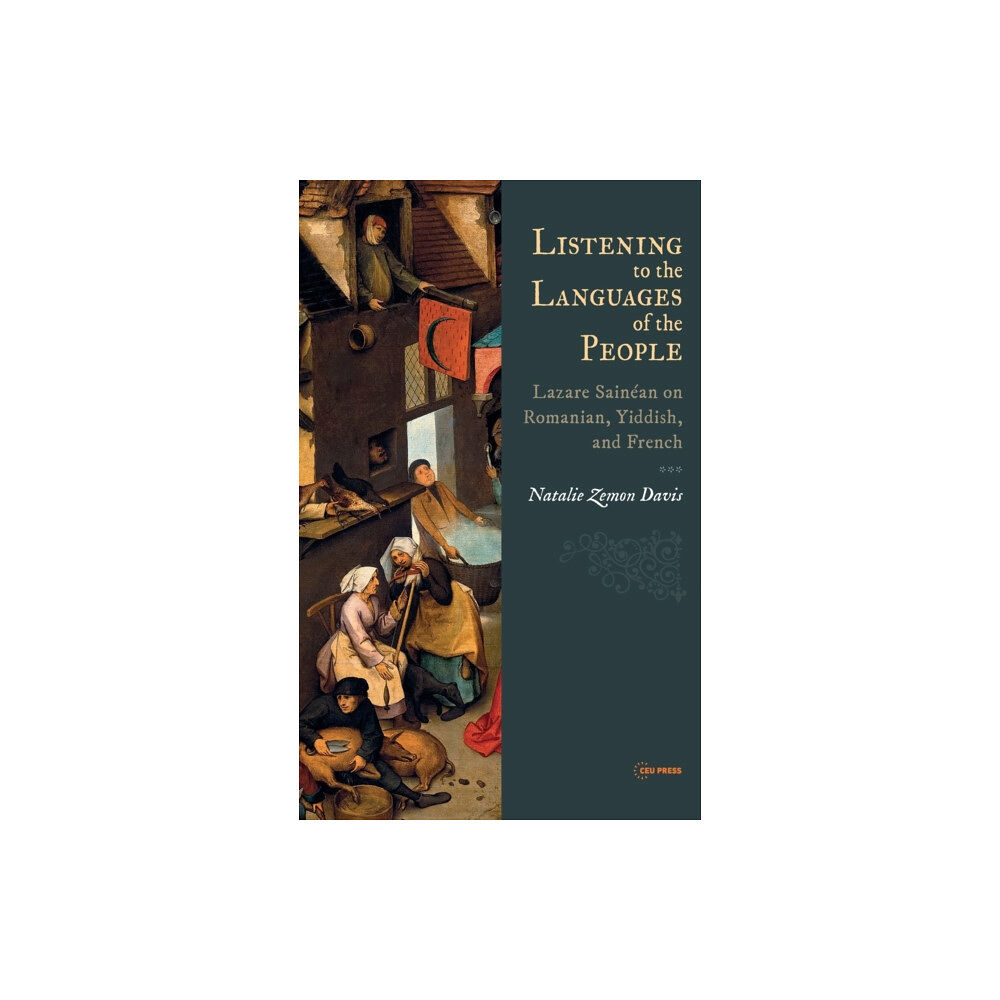- Hem
- Böcker
- Facklitteratur
- Biografier
- Listening to the Languages of the People (inbunden, eng)

Listening to the Languages of the People (inbunden, eng)
This tale of great achievements and great disappointments offers a fresh perspective on the interplay between scholarship and political s...
- Fri frakt
Produktbeskrivning
This tale of great achievements and great disappointments offers a fresh perspective on the interplay between scholarship and political sentiment in the late nineteenth and early twentieth centuries.
Lazăr Șăineanu (1859-1934), linguist and folklorist, was a pioneer in his native Romania, seeking out the popular elements in culture along with high literary ones.
He was among the first to publish a study of Yiddish as a genuine language, and he uncovered Turkish features in Romanian language and customs. He also made an index of hundreds of Romanian folktales. Yet when he sought Romanian citizenship and a professorship, he was blocked by powerful figures who thought Jews could not be Romanians and who fancied the origins of Romanian culture to be wholly Latin.
Faced with anti-Semitism, some of his friends turned to Zionism. Instead he tried baptism, which brought him only mockery and shame.
Hoping to find a polity to which he could belong, Șăineanu moved with his family to Paris in 1900 and became Lazare Sainéan. There he made innovative studies of French popular speech and slang, culminating in his great work on the language of Rabelais.
Once again, he was contributing to the development of a national tongue. Even then, while welcomed by literary scholars, Sainéan was unable to get a permanent university post. Though a naturalized citizen of France, he felt himself a foreigner, an “intruder,” into his old age.
| Format | Inbunden |
| Omfång | 200 sidor |
| Språk | Engelska |
| Förlag | Central European University Press |
| Utgivningsdatum | 2022-10-15 |
| ISBN | 9789633865934 |
Specifikation
Böcker
- Format Inbunden
- Antal sidor 200
- Språk Engelska
- Förlag Central European University Press
- Utgivningsdatum 2022-10-15
- ISBN 9789633865934
Leverans
Vi erbjuder flera smidiga leveransalternativ beroende på ditt postnummer, såsom Budbee Box, Early Bird, Instabox och DB Schenker. Vid köp över 299 kr är leveransen kostnadsfri, annars tillkommer en fraktavgift från 29 kr. Välj det alternativ som passar dig bäst för en bekväm leverans.
Betalning
Specifikation
Böcker
- Format Inbunden
- Antal sidor 200
- Språk Engelska
- Förlag Central European University Press
- Utgivningsdatum 2022-10-15
- ISBN 9789633865934
